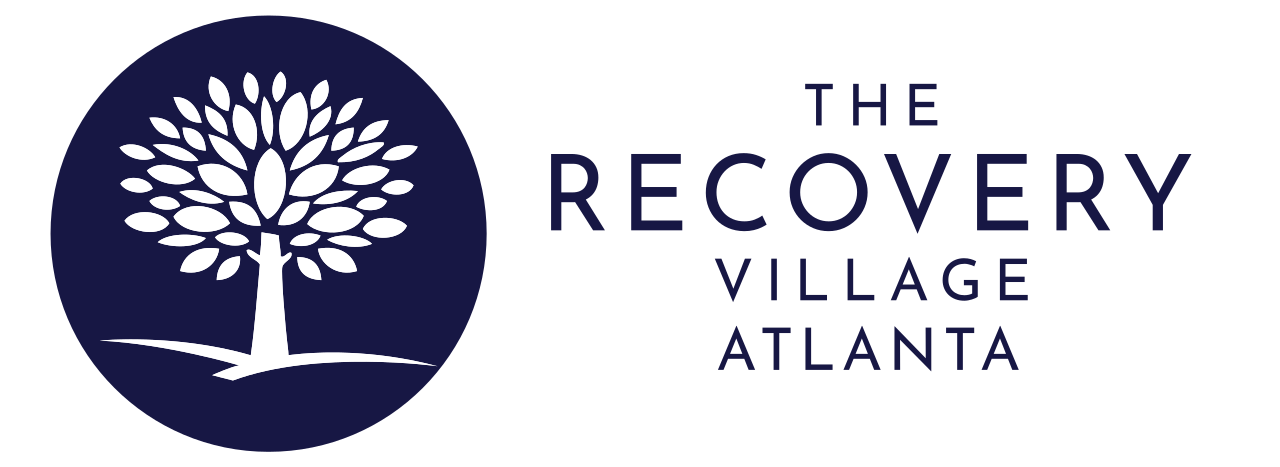Resources for Families Coping with Mental and Substance Use Disorders

By The Recovery Village Atlanta
Editor Melissa Carmona | Medically Reviewed By Danielle Boland
Last Updated: November 13, 2023
Editorial Policy | Research Policy
It can be stressful helping someone you love with addiction treatment. Knowing what resources are available to you and your family can make seeking out treatment easier and less daunting.
When a loved one has an addiction, it can be upsetting to friends and family who want to support and get them help. If you have wondered what you can do for someone with an addiction, there are resources available that will help you encourage them to seek out treatment.
Understanding Addiction
Addiction is a chronic mental health disorder where someone is chronically abusing substances, such as drugs or alcohol, despite negative consequences. Medically called substance use disorder, involves changes to someone’s brain that affect reward, self-control, stress and other physical disruptions.
Addiction can have a large impact on family dynamics and cause long-term issues if not addressed. People form their primary attachments, are nurtured and learn socialization within their families. When someone in the family develops an addiction, it can cause stress on those relationships due to the change in behavior, potential legal problems, emotional turmoil and violence that can accompany substance abuse.
Signs of Addiction
If you are unsure if someone you care about is suffering from addiction, there are signs you can look for. Some common signs of an addiction can include:
- Changes in behavior
- Impulsivity
- Changes in physical health
- Legal troubles
- Financial troubles
- Not showing up to work or other commitments
- Lying or secretive behavior
- Constant fear or anxiety
- Addiction is a disease and not a choice.
- Their addiction does not make them a bad person.
- There are many different ways and paths to recovery.
- Recovery in addiction takes time and there may be relapses.
- Recovery is very personal.
- Sometimes medication is needed to help with mental and physical symptoms of addiction.
When trying to support someone in their addiction recovery, avoid ignoring or encouraging their behavior through enabling behaviors.You also want to avoid blaming your loved one for their addiction or shaming them for their behaviors.
Get your loved one the care they need.
How To Tell If You’re Enabling
Enabling someone with an addiction leads to supporting their addictive behaviors, rather than helping support them in recovery. Enabling behaviors can include:
- Engaging in addictive behaviors with them, like drinking or using drugs
- Ignoring their addiction
- Justifying or rationalizing their behaviors
- Minimizing the issue
- Protecting them from the consequences of their behaviors
- Trying to control them
Supporting someone during their addiction and recovery means having an open conversation with your loved one about what they need from you, while still setting boundaries around what is unacceptable behavior in the relationship.
Getting Your Loved One Help
Before getting help for your loved one with an addiction it is important to make sure you also have support. There are support groups for families of addicted individuals, such as Al-anon and Nar-Anon.
It is also important to educate yourself about what kind of interventions and treatments are available for your loved one. There are different levels of treatment for addiction, such as residential rehab, medical detox and more.
When approaching someone about addiction treatment, remain calm and supportive, presenting options to them in a collaborative way. Try to avoid being pushy or judgmental about treatment, and make sure to involve them in every part of the discussion and decision to seek care.
What To Do If They Refuse Treatment
Just because you are ready and willing to help your loved one start rehab does not mean they are ready to accept that help. If someone you love refuses to enter addiction treatment, there is not much you can do at that moment to change their mind. Continue to support them while avoiding enabling behaviors.
Remaining supportive does not mean using any enabling behaviors, like ignoring their problem or funding their habits. Drawing boundaries for yourself that protect your emotional and physical health is also important if they refuse to get help. If the situation is dire and the person is a danger to themselves or others, you can choose to stage an intervention with them.
What to Expect When Your Loved One Goes To Rehab
It can be stressful when your loved one starts addiction rehab. Knowing what to expect can help both you and them feel more prepared for the process. Upon entering rehab at The Recovery Village Atlanta, your loved one will:
- Be evaluated to create a customized treatment plan
- Be assigned a treatment team, including a primary therapist, medical team and case manager
- Complete a medical detox to rid their body of substances under medical supervision, if necessary
- Attend individual and group therapy sessions to work through their addiction
- Participate in recreational therapies to improve their physical and mental health
- Receive consistent medical care and support
After a brief stabilization period, patients are able to contact their loved ones during designated times, or participate in family therapy if their therapist believes it is appropriate. As your loved one improves, they’ll step down to lower levels of care to exercise more independence and accountability in their recovery.
Your Role In Their Recovery
You can support someone in their recovery by helping them stick to their treatment plans and goals. This means being supportive of their progress, but also being supportive if they relapse. Relapse is common in addiction recovery, and can be an opportunity to introduce additional help or reinforce better habits.
Family therapy is another component of treatment that can be important in supporting your loved one. Family therapy can help rebuild broken relationships between loved ones and get everyone working towards a healthier life in recovery.
It’s time to get your life back.
Available Resources For Family and Friends
These resources are a great place to start for those seeking additional support:
- Al-Anon: Al-Anon provides support for the families of those with addiction. Group meetings are located in most states and help connect families concerned about their loved one’s drinking in these meetings.
- Families Anonymous: Families Anonymous is a mutual support group program for loved ones of people with drug or alcohol addictions.
- ACOA: Adult Children of Alcoholics is a program that provides support group meetings for adults who grew up in homes and families affected by alcohol misuse.
- The Herren Project: This non-profit provides consultation services and resources to families of those with addiction.
- AA: Alcoholics Anonymous is a support group for individuals who struggle with alcohol addiction.
- NA: Narcotics Anonymous provides support to people who suffer from drug misuse.
- SMART Recovery The SMART Recovery program helps family and friends develop skills for supporting a loved one with an addiction.
- GRASP: This group provides support and resources for those who have lost a loved one to substance use.
- NAMI: The National Alliance on Mental Illness offers support group meetings to people with a loved one with a mental health condition.
- Learn to Cope: This is a peer-led support network for families of those with addiction. They offer both virtual support meetings and in-person meetings.
- Recovering Couples Anonymous: Recovering Couples Anonymous offers support groups for couples in recovery.
If you’re seeking addiction treatment for a loved one, The Recovery Village Atlanta is a full service rehabilitation facility that can help you find the right level of care and support for your loved one. Our Recovery Advocates are ready to answer your questions and get your loved one admitted into life-saving care.
Sources
National Institute on Drug Abuse. “Drug Misuse and Addiction”>” July 2020. Accessed November 25, 2022.
Lander L, Howsare J, Byrne M. “The impact of substance use disorders on[…]y to practice.” Social Work in Public Health, July 27, 2013. Accessed November 25, 2022.
Tennessee Department of Mental Health and Substance Abuse Services. “Warning Signs of Drug Abuse.”>” 2022. Accessed November 25, 2022.
New York State Office of Addiction Services and Support. “Supporting A Loved One in Recovery.”>[…] in Recovery.” 2022. Accessed November 26, 2022.
University of Pennsylvania Health System. “Enabling Behaviors.”>” 2003. Accessed November 26, 2022.
Loneck, B. Garrett, J. Banks, S. “A Comparison of the Johnson Intervention[…]ent Treatment.” The American Journal of Drug and Alcohol Abuse, July 7, 2009. Accessed November 26, 2022.
National Institute on Drug Abuse. “Treatment and Recovery.”>” March 22, 2022. Accessed November 27, 2022.


 Insurance
Insurance About Us
About Us Our Facility
Our Facility Admissions
Admissions Programs
Programs Medical Detox
Medical Detox Inpatient Rehab
Inpatient Rehab Aftercare & Recovery
Aftercare & Recovery
